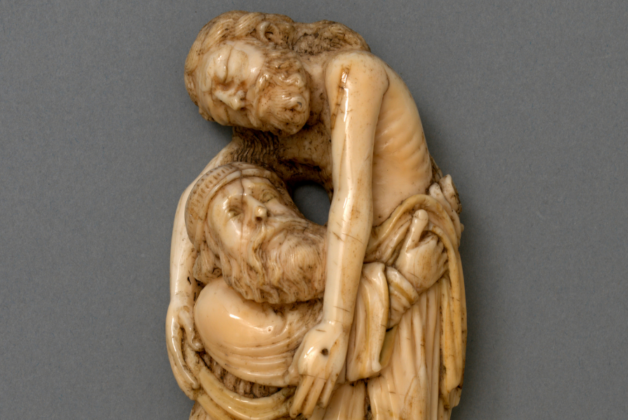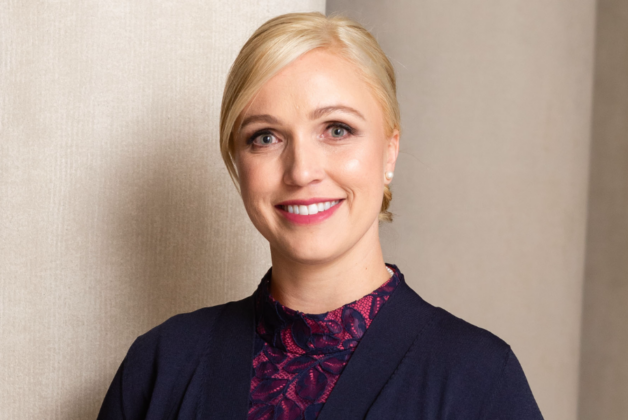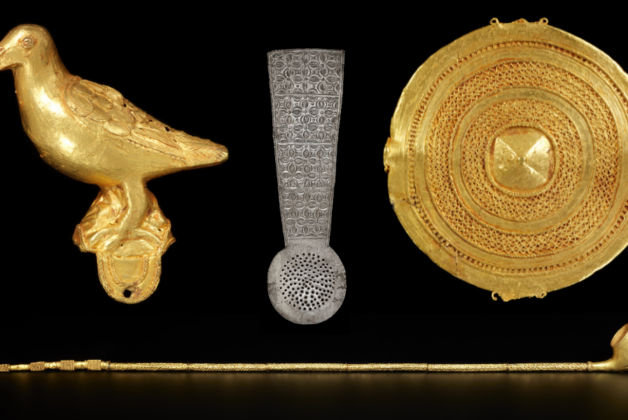Image: Group of four ancient funerary stelae from the Republic of Yemen (Victoria and Albert Museum, London)
The V&A will temporarily look after and display the objects found in a London shop by police until it is safe for their return
The V&A is to display four ancient carved stone items from Yemen, discovered by the Metropolitan Police in a London shop, which are thought to have been illegally looted.
The Metropolitan Police discovered the carved stone funerary stelae, likely dating from the second half of the first millennium BCE, in an interior design shop following a tip from a member of the public.
Their investigation established the objects are from Yemen, and came from necropoli that
have been subjected to looting in recent years.
The objects are of the type on The International Council of Museum’s ‘Emergency Red List of Cultural Objects at Risk’.
They were discovered by an archaeology enthusiast and recovered by The Met’s Art and Antiques Unit, which investigates art theft, illegal trafficking, and fraud.
The V&A has announced an agreement with the Republic of Yemen to research and temporarily care for the objects until the Republic of Yemen deems it safe for their return.
While at the museum, the team will research the items ahead of a new rotating Culture in Crisis display, part of the V&A’s programme dedicated to the preservation of cultural heritage worldwide.
The display will be presented at the upcoming V&A East Storehouse when it opens in 2025. It will tell the story of the objects, alongside an overview of the work the V&A does promoting and protecting cultural heritage around the world.
An agreement signed today by the Director of the V&A, Dr Tristram Hunt, and Dr Yassin Saeed Noman Ahmed, Ambassador for the Republic of Yemen based in the UK, sees the V&A take responsibility for the care of the stelae on a temporary basis.
The V&A said this particular partnership enables further research and conservation, with the potential for the objects to also be enjoyed by the public.
Hunt said: “We are delighted to collaborate with the Republic of Yemen’s Embassy in the UK and The Metropolitan Police’s Art and Antiques Unit to store, research and display these four incredible ancient carved funerary stelae.
“This is an historic agreement that will give the public the chance to appreciate these exceptional examples of Yemeni culture and creativity, before the objects are repatriated, and shine a light on how the V&A’s Culture in Crisis programme helps curtail the illegal trade of looted objects and the preservation of cultural heritage worldwide.”
Commander Clayman, Central Specialist Crime, Metropolitan Police said following their tip from a member of the public, the seller “made the generous decision to disclaim them, and asked for them to be returned to Yemen.
“I hope that when these pieces go on display at V&A East Storehouse, they may encourage people to consider antiquities from a legal perspective as well as an aesthetic one. By establishing an artefact’s provenance before purchase they may avoid inadvertently fuelling the demand for stolen cultural goods.
Charles Harper, UK Chargé d’affaires and Deputy Ambassador to Yemen, added: “Arts and culture can play an important role in rebuilding a society from conflict and this agreement is a fantastic way to ensure Yemeni culture remains in Yemeni care. The war has taken a devastating toll on Yemenis. The UK will continue to support UN-led efforts to bring about a sustainable and inclusive peace in Yemen.”





